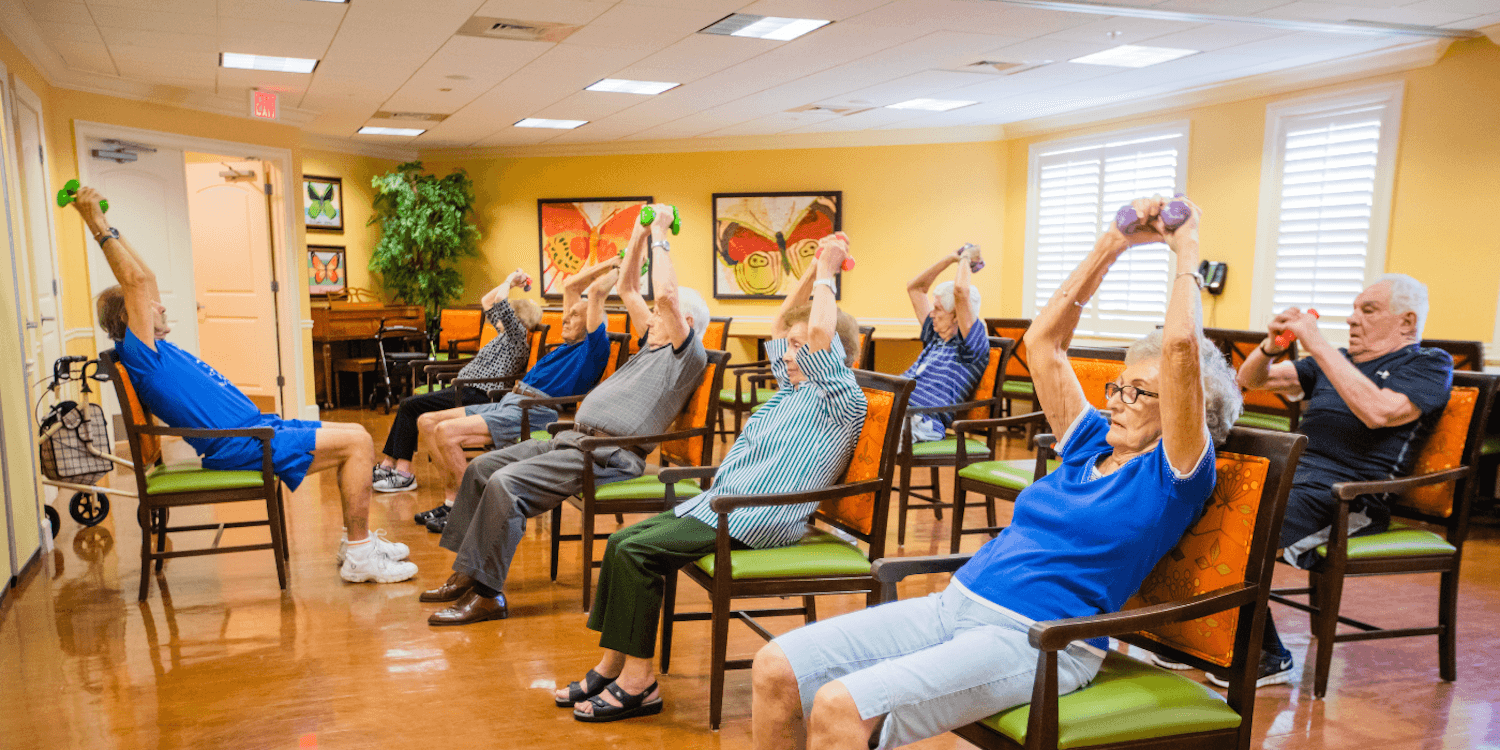Creating a Safe and Supportive Setting for Alzheimer's Care
The creation of a secure and helpful setting for individuals with Alzheimer's is critical in boosting their high quality of life. Exploring these complex approaches can expose critical insights right into effective caregiving approaches that might change the day-to-day experiences of both clients and caregivers.
Recognizing Alzheimer's Requirements
Frequently, people with Alzheimer's illness display a series of demands that call for customized strategies to care. As the problem progresses, cognitive decrease manifests in different means, affecting memory, reasoning, and also the capability to carry out day-to-day activities. Caretakers should identify these developing requirements to supply appropriate support and make certain a greater high quality of life for those impacted.
One essential facet of recognizing Alzheimer's demands is identifying the importance of routine and experience. People often locate comfort in established patterns, which can minimize anxiety and confusion. Caretakers must aim to create organized everyday routines that incorporate significant tasks aligned with the person's rate of interests and capacities.
Furthermore, reliable communication is vital. Individuals with Alzheimer's may have a hard time to reveal themselves or comprehend complicated language. Caretakers must employ easy, clear language, usage non-verbal cues, and technique active paying attention to cultivate understanding and connection.
Caretakers should urge involvement in area tasks or family members celebrations, promoting a feeling of belonging and function. Understanding these diverse demands is vital for developing a supportive treatment atmosphere.
Designing a Safe Home
Developing a secure home for people with Alzheimer's disease is crucial to minimizing threats and promoting self-reliance. Ensure that pathways are well-lit and clear, as appropriate lighting minimizes disorientation and boosts movement.
Integrating adaptive attributes is also important. Install grab bars in washrooms and near staircases, and think about using non-slip floor coverings in wet locations. Additionally, utilizing different colors for walls and floorings can aid in distinguishing rooms, helping to reduce complication.
Familiarity is necessary for individuals with Alzheimer's. Personalizing the environment with acquainted items and photographs can enhance a sense of belonging and protection - Alzheimers Care Charlotte. It is also advantageous to have an assigned area for daily tasks, such as reading or crafting, which can offer framework to their day
Last but not least, applying a safe outdoor area permits safe exploration while getting in touch with nature. By attentively creating the home environment, caregivers can considerably enhance the quality of life for individuals living with Alzheimer's disease.
Enhancing Communication Abilities

Non-verbal interaction, consisting of face expressions, gestures, and touch, plays a crucial duty in communicating empathy and understanding. Maintaining eye get in touch with and a calm attitude can enhance the convenience degree of the person, promoting a feeling of safety.
Moreover, it is essential to exercise active listening. This includes being fully present, revealing patience, and enabling the person to express themselves without disturbance. Repeating may be needed; caretakers should be prepared to take another look at questions or sites subjects, as people with Alzheimer's may battle with memory recall.
In addition, making use of aesthetic help or hints, such as photos or familiar things, can help with acknowledgment and interaction. Ultimately, enhancing interaction skills has to do with constructing trust and producing a setting where individuals really feel heard, valued, and recognized, therefore enhancing their top quality of life.
Urging Social Communication
Fostering significant social communications can significantly improve the health of individuals with Alzheimer's disease. Involving with others not only assists fight sensations of isolation but additionally boosts cognitive function and psychological wellness. Structured social activities, such as team games, arts and crafts, or music therapy, produce opportunities for homeowners to attach with peers and caretakers, which can lead to enhanced state of mind and reduced anxiousness.
Producing a welcoming atmosphere that urges socialization is necessary. This can be accomplished by preparing communal areas that assist in communication, such as cozy seating locations or activity rooms. Additionally, incorporating acquainted and culturally pertinent tasks can spark memories and motivate participation, allowing people with Alzheimer's to feel more linked to their past experiences.
Furthermore, caretakers need to be educated to acknowledge and promote social interaction amongst homeowners. By prioritizing social interaction, we can substantially improve the lives of those living with Alzheimer's, cultivating a feeling of area and belonging.
Sustaining Caretaker Wellness

To sustain caretakers, companies need to provide routine training and academic sources to boost their understanding of Alzheimer's illness and caregiving techniques. Offering accessibility to break care services permits caregivers to take necessary breaks, lowering anxiety and exhaustion - Alzheimers Care Charlotte. Furthermore, promoting a neighborhood through support system can facilitate emotional sharing and the exchange of practical suggestions amongst caregivers, creating a network of mutual assistance
Mental wellness resources, such as therapy solutions, can also be crucial in attending to the emotional toll caregiving can take. By my review here focusing on caregiver health, we develop an even more sustainable caregiving environment that not just you could try this out benefits the caretakers themselves however also enhances the total top quality of treatment obtained by individuals with Alzheimer's. Eventually, supporting caretakers is a crucial part in promoting a effective and compassionate treatment setup.
Conclusion
In verdict, the development of a supportive and safe setting for people with Alzheimer's is important to boosting their lifestyle. By prioritizing safety and security via thoughtful design, fostering psychological health with acquainted elements, and advertising interaction through structured routines, caretakers can dramatically influence the overall experience of those influenced by this condition. In addition, supporting caretaker health is important, as it eventually adds to a more efficient and caring care environment.
Repeating may be necessary; caretakers ought to be prepared to review topics or inquiries, as individuals with Alzheimer's might battle with memory recall.
